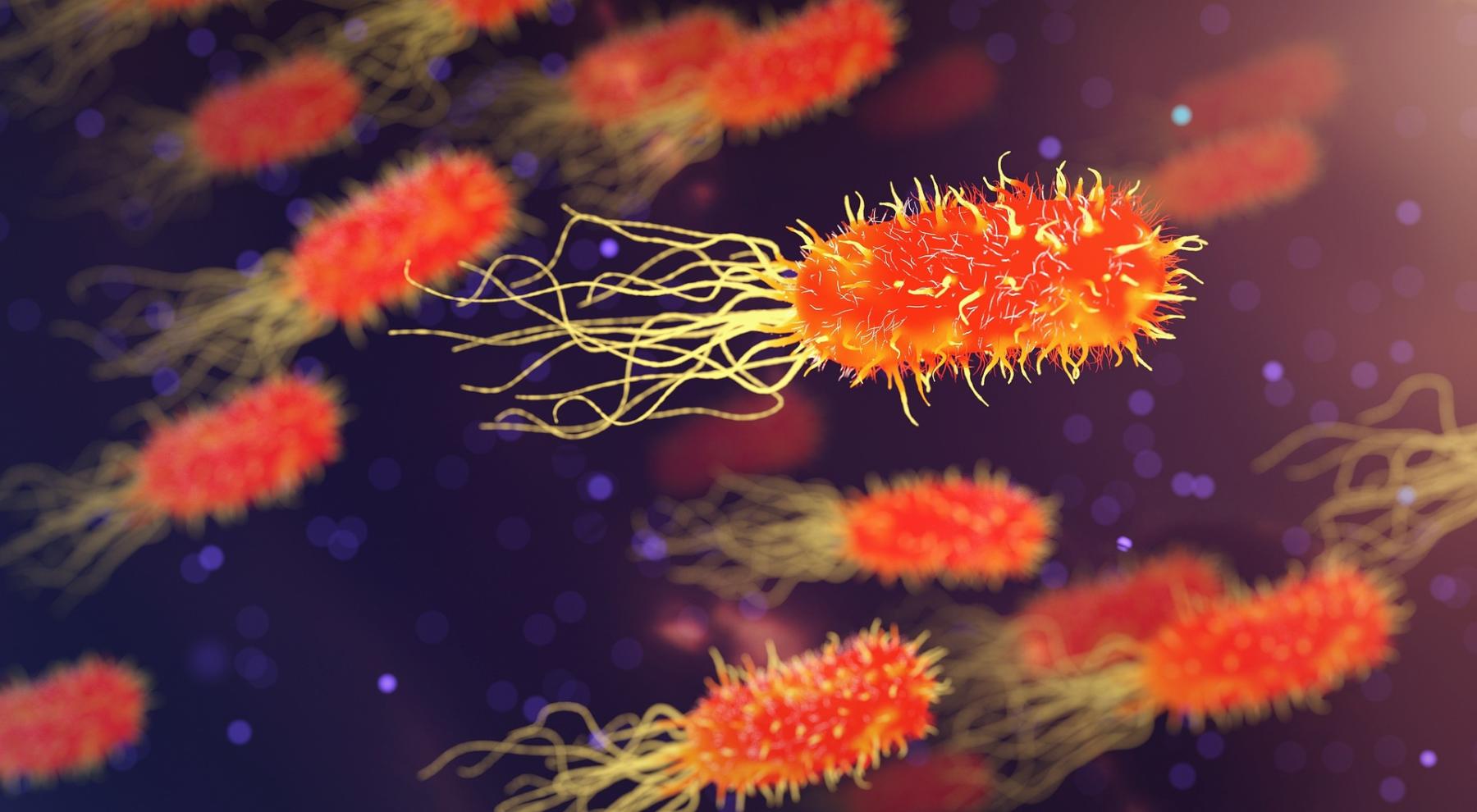
Planarian Regeneration
by Tonya Page
In this engaging lesson, students will explore human regenerative medicines through the planarian's ability to regenerate. Planarians have specials cells that allow themselves to modify and regrow into any kind of cell necessary technically classifying them as immortal if they are continuously dissected and regenerated. Students will learn and explore other animals, including humans, that also have regenerative superpowers. This lesson comes to life when you integrate the novel, "How to Eat Fried Worms" and add hands-on worm dissection and observation.
Lesson Grade Level
3rd GradeLesson Plan Link/URL
https://docs.google.com/presentation/d/1va64p8rtwtXW4s7rv3EHt4uT-tT6Xexd/edit?u…Subject Area
Science Life Science L1: Cells L2: Organisms & Energy Engineering S4: Apply Science to Engineering Mathematics Measurement and Data (MD) The Number System (NS) English Language Arts (ELA) Reading (Literature) Reading (Informational Text) Writing
Featured
On
Related Content

Featured
Ballooning Spider Phenomenon
Grades:
1st Grade
Lesson Description: In this first-grade lesson, we will learn about the amazing world of spiders! We'll start by exploring the life cycle of a spider, from when it hatches to how it grows and changes

Grades:
3rd Grade, 4th Grade, 5th Grade
In this set of lesson plans for "A Song for a Whale" by Lynne Kelly, students will investigate compasses and whale migration. The final project for the novel is a choice board of activities that

Grades:
3rd Grade
Within eight 60 minutes class periods Design a native, pollinator friendly garden with the help of a local gardener/master gardener. Students work together to create a classroom garden, monitor plant

